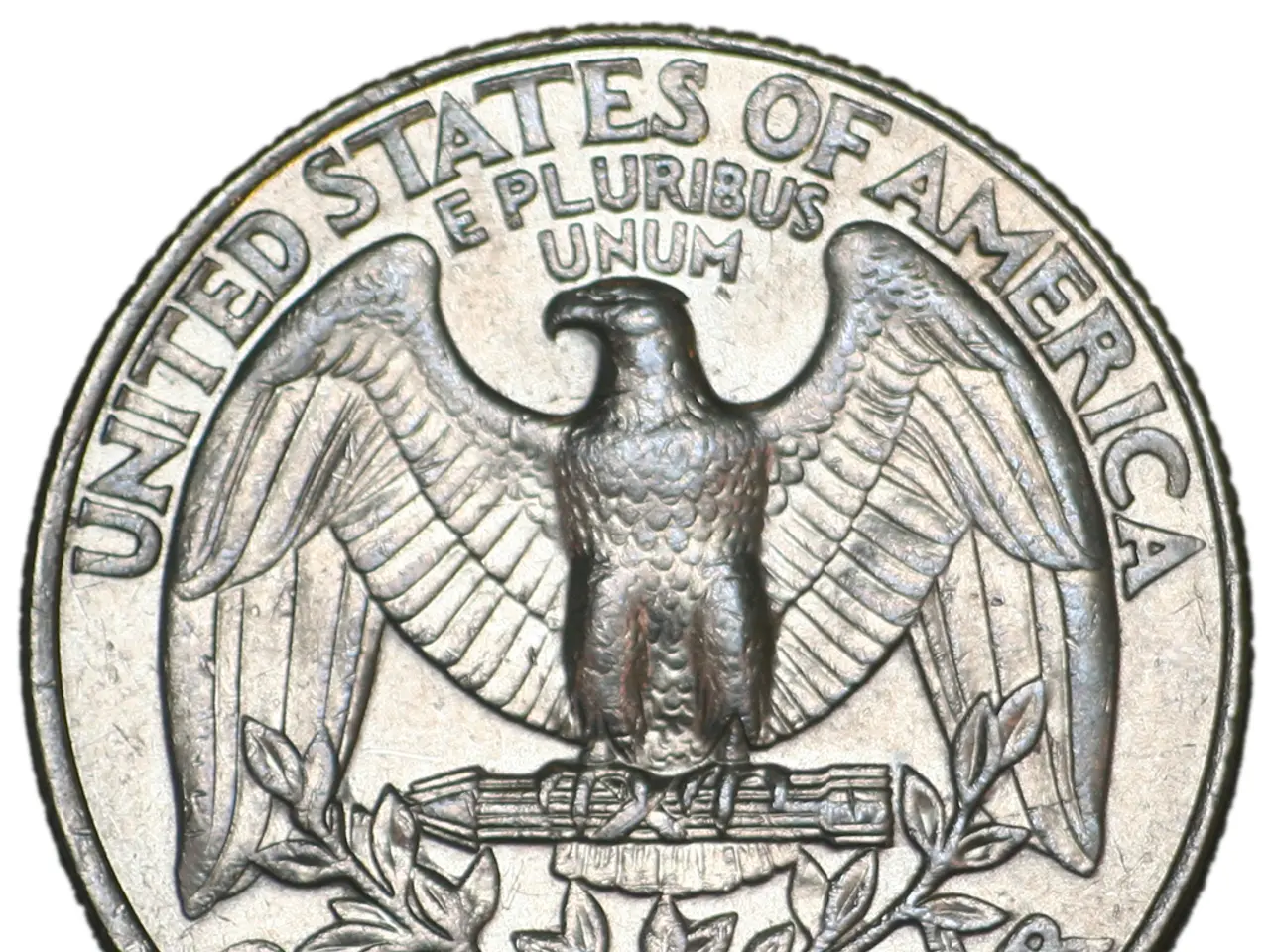Dubai entrepreneur suffers Dh2.2 million loss in Bao Bao Panda cryptocurrency fraud; investigations are ongoing
In a recent development, a Dubai-based Indian businessman has lost a significant amount of money in a scam involving the meme coin "Bao Bao Panda." The Dubai Police have launched an official fraud investigation, citing regulatory violations and the suspect's unlicensed trading activities.
The accused, an Indian man posing as a licensed virtual asset trader, reportedly convinced the victim to exchange $600,491 worth of USDT tokens for Bao Bao Panda coins, promising that their value would double. However, the businessman has since lost Dh2.2 million (approximately $600,491) due to the alleged scam.
The suspect, who is unlicensed under UAE law, has fled the country, and Al Riffa Police have registered a fraud case, citing violations of anti-money laundering laws and federal virtual asset regulations in the UAE. This regulatory breach forms a crucial part of the ongoing case being examined by Dubai law enforcement authorities.
The police are actively investigating the case, issuing a circular to locate the suspect. The police case is officially registered with Al Riffa Police, and ongoing probes aim to trace and hold accountable those responsible for this cryptocurrency investment fraud linked to the Bao Bao Panda meme coin.
This case underscores the UAE’s regulatory stance on licensed virtual asset trading and active police enforcement in crypto-related fraud matters. Dubai's Virtual Assets Regulatory Authority (VARA) has previously issued an alert warning that meme coins are unregulated and highly speculative, often lacking intrinsic value and vulnerable to manipulation through social media hype.
Investors are urged to be wary of anyone promising guaranteed or outsized returns, and reminded that all virtual-asset promotions in Dubai must follow VARA's marketing and issuance rules. The authority also advises against investing in meme coins, which are cryptocurrencies inspired by internet jokes or trends, typically with no real-world utility. Their value depends entirely on hype, making them prime targets for speculation and fraud.
This is not the first crypto scam case in Dubai. Previous reports have mentioned three men being jailed over a bitcoin sale scam, and a Dubai hotelier accused of a Dh950 million crypto scam being arrested in India.
The businessman, who wishes to remain anonymous, claims that an Indian politician and his son introduced him to the suspect during a Dubai visit. The politician and his son allegedly claimed to invest $50,000 of their own in Bao Bao Panda, a supposed show of faith that the businessman alleges was a circular transaction looping back to them.
Mazhar Farooqui, an investigative journalist and Senior Editor at Khaleej Times, is known for exposing corruption and uncovering major scams. He is also the author of The Maz Files: Scoops, Scams & Showdowns. Farooqui has been closely following this case and is working to bring more information to light.
Bao Bao Panda, with its grinning mascot and AI-driven investing, was marketed as a revolution in the crypto world. However, the meme coin's transactions have led to a dead-end crypto trail and a police file. Behind the scenes, the businessman alleges, the suspect urged others to buy in, then dumped his own holdings from anonymous wallets each time prices rose.
The businessman is now pursuing the case with Dubai Police, hoping to recover his losses and bring the perpetrator to justice. The police have issued a circular to locate the suspect, who reportedly fled the country in April.
This case serves as a reminder for investors to exercise caution when investing in digital assets and to verify the legitimacy of traders before engaging in any transactions. The Dubai Police continue to emphasise their commitment to combating crypto-related fraud and upholding the UAE's regulatory standards in the virtual asset trading sector.
The recent crypto scam involving the meme coin "Bao Bao Panda" not only resulted in a significant financial loss for a Dubai-based Indian businessman but also highlighted the need for regulatory compliance in the business and finance sector, as the suspect allegedly operated without a license.
The unlicensed status of the suspect, coupled with the unregulated nature of meme coins such as Bao Bao Panda, raises concerns about the entertainment industry's intersection with finance and news, as hype and social media trends can often inflate their value, making them potential targets for fraud.




